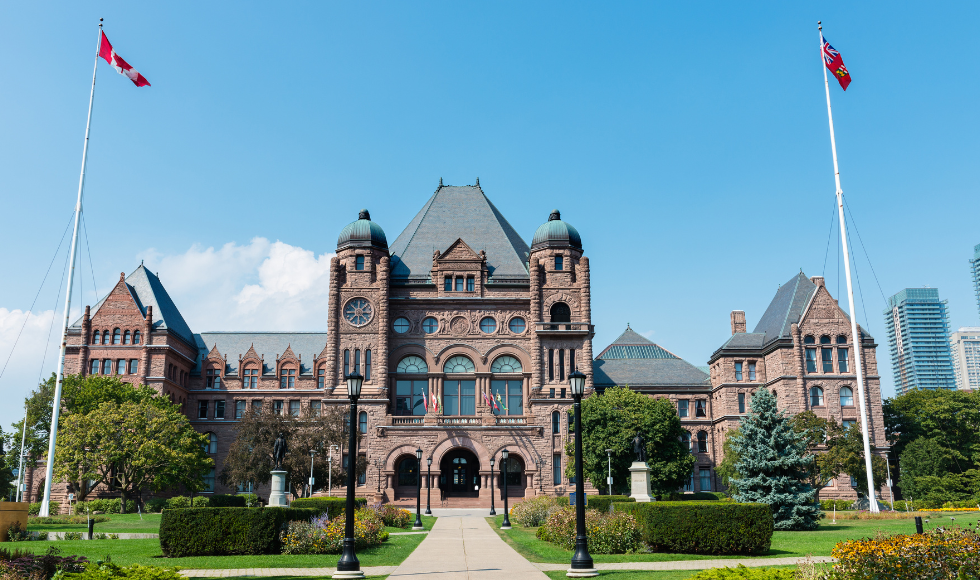McMaster researchers develop tool that tracks how governments keep election promises

Polimeter logs and tracks progress on campaign promises of governing provincial and federal parties.
BY Andrea Lawson
October 12, 2022
It’s been just over 130 days since the last provincial election and Ontario’s Progressive Conservative government has made progress on most of its 83 election promises.
That analysis comes courtesy of the Polimeter, a tool created and monitored by McMaster researchers, which logs and tracks progress on campaign promises of governing provincial and federal parties.
“This project is about providing an accessible way for people to be able to see what was promised in the run-up to the election and then hold politicians to account by being able to track what progress is being made,” explains Joanna Massie, a PhD student in the department of political science and a research fellow in the Digital Society Lab at McMaster.
The newest edition of the Polimeter follows progress on promises Ontario PCs made while campaigning for re-election. Because the party did not release a platform, the promises are based on press releases posted on the party website from the start of the last campaign to election day.
Many are legacy promises from Doug Ford’s first election as premier, so the number of promises already in progress is quite high, researchers note.
The promises are categorized by issue — such as education and health — and ranked as kept, partially kept, broken, in progress or not yet rated.
The website explains how Polimeter’s creators define promises and determine how they rate.
“As misinformation and disinformation continue to rise, there’s even more need for these types of technologies and digital products now than there ever was,” says says Digital Society Lab director Clifton van der Linden, an assistant professor in the department of political science and CEO of Vox Pop Labs.
Vox Pop is best known for Vote Compass — another tool voters use in Canada and abroad to determine which political party aligns best with their beliefs and values.
“We can see the erosion of functional democratic practices and the erosion of our democratic institutions,” van der Linden says. “Trying to help people navigate an increasingly tenuous political system is the main driver of tools like Vote Compass and the Polimeter.”
While Vote Compass tracks what the parties say they will do if they take office, the Polimeter holds them to account.
“We are not making a normative argument about whether these promises are good or bad. We are just reporting on to what extent the government has kept its promises,” Massie says, noting it’s a valuable tool not only for voters, but for journalists, researchers and politicians themselves.
“Politicians cite and use the Polimeter to attest to their progress. Sometimes when they don’t refer to the Polimeter, that can be just as telling.”


